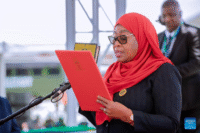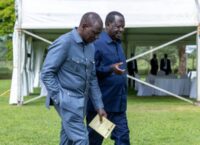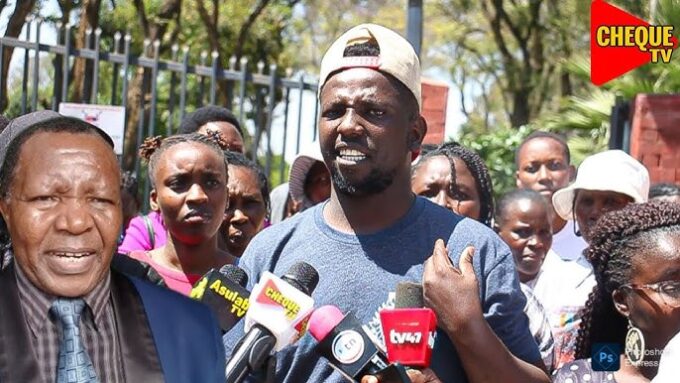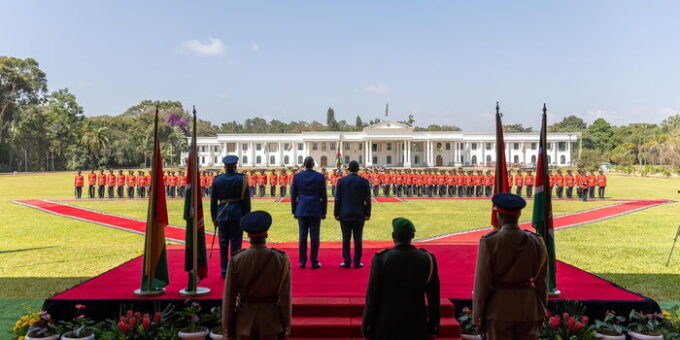President William Ruto //Photo courtesy
President William Ruto spent an average of KSh 3.6 million every hour on travel, hospitality, and vehicle maintenance at State House over a 42-day period, according to a new report by the Controller of Budget.
The report shows that between May 14 and June 24, 2025, State House consumed KSh 85.7 million per day, amounting to KSh 3.6 billion in total. The funds were released by the Treasury under Article 223 of the Constitution, which permits emergency spending not included in budgets approved by Parliament.
Out of the KSh 3.6 billion approved by the Treasury, Controller of Budget Margaret Nyakang’o authorised only KSh 2.3 billion, issued in seven separate tranches. The withdrawals covered domestic travel, hospitality supplies, fuel, and vehicle upkeep. Notably, a single withdrawal of KSh 1.25 billion approved by Treasury on May 15 was never submitted to her office for approval.
Nyakang’o further noted that across the financial year, government entities spent KSh 17.4 billion without her office’s approval. Although Parliament later regularised the funds through a supplementary budget in June, she warned that such practices undermine fiscal responsibility.
The report also highlighted the scale of costs at the Executive Office of the President, including KSh 817 million on printing services, KSh 1.9 billion on general administration, KSh 765 million on leadership and coordination, and KSh 1 billion on advisory services.
State House has additionally spent KSh 399 million refurbishing the House on the Hill, with total costs projected to reach KSh 1.17 billion by 2027.
These revelations come as the government faces mounting pressure to cut public spending following the withdrawal of the 2024 Finance Bill, which sought to raise more than KSh 345 billion in new taxes before being abandoned after nationwide protests.
Nyakang’o cautioned that reliance on Article 223 to fund routine government programmes reflects poor planning and breaches public finance regulations. She urged the administration to prioritise essential services and strengthen the budgeting process instead of relying on emergency allocations for predictable expenses.















Leave a comment